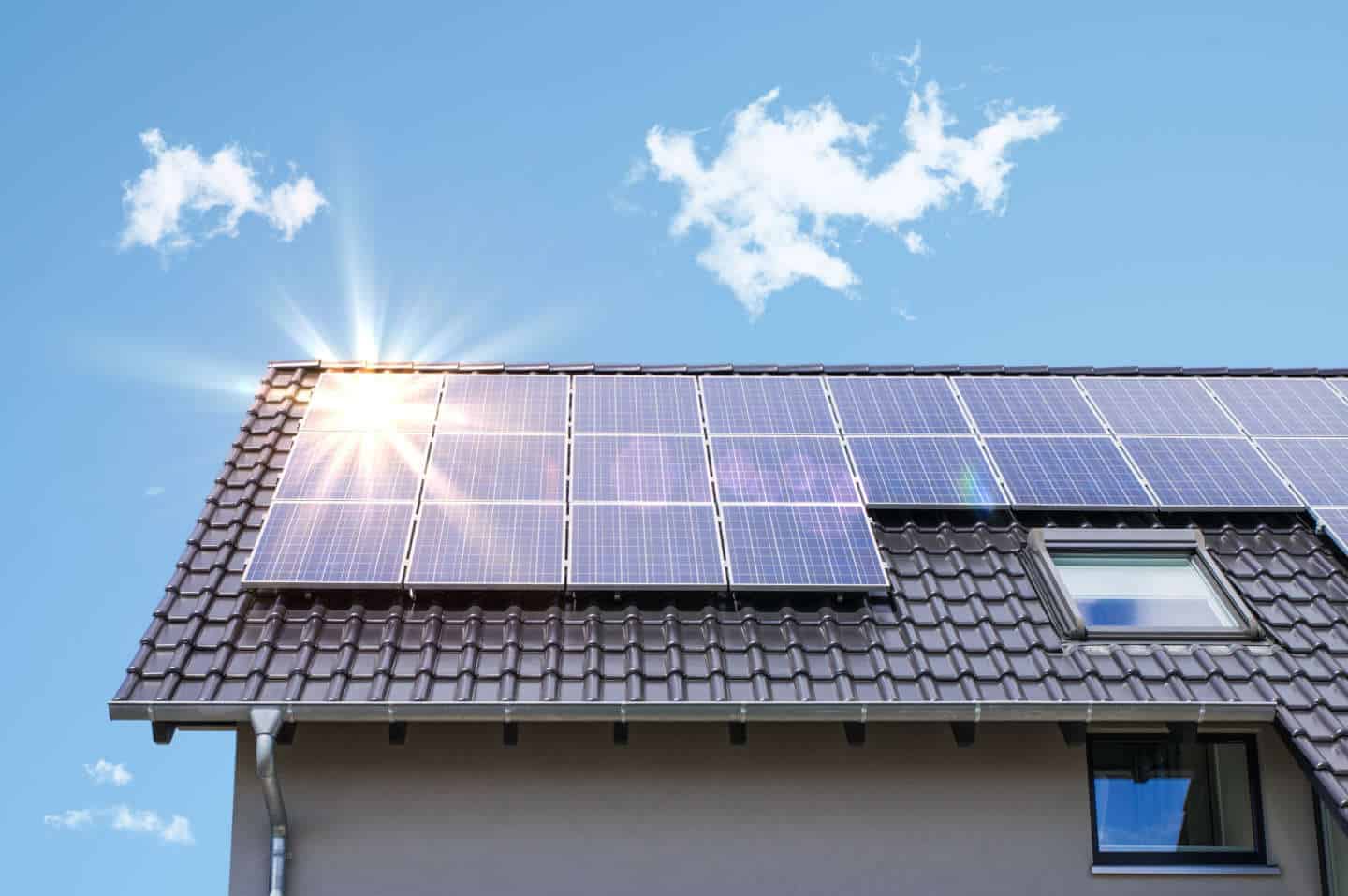
Differences Between Commercial & Residential Solar Power Systems
Currently, commercial industries are powering their businesses through solar energy. Commercial solar installations are growing popular every day. The industry is expanding at such a fast pace, with a lot of clients who want to go solar. Homeowners are also switching to going solar because of the benefits they provide. Companies are now doing their best to get commercial solar leads to deliver the system and service to their customers.
Not all solar panels are created the same. There are several differences between commercial and residential solar power systems.
- Size. This is the most significant difference between commercial and residential solar panels. Commercial ones are generally larger. The area covered by domestic panels is around 65 by 39 inches, which is about 72 cells. Commercial panels cover 78 by 39 inches, which is around 96 cells. They can also be used for residential use as the size does not have any negative effect. This size difference means that commercial panels will perform more efficiently over time. It is advisable to use commercial-sized solar panels for your home.
- Installation. Residential and commercial solar panels are installed the same way through a bolted racking system. However, it is easier to install commercial ones since they are often done on flat roofs. Houses need their panels to lie against their shingles, which requires a slower and more careful installation. Nevertheless, commercial systems take around a month to install, while residential ones only take one to two days.
Since commercial solar projects are larger than residential ones, they need more time and effort. Engineers need to examine the facility to design the arrangement of the panels. The design also needs to be approved by facility managers, business owners, landlords, and the government. Projects like this are usually a large investment, which requires engineers to calculate the efficiency of the project to maximize profit.
- Efficiency. Commercial solar panels produce more power than residential ones because they are bigger with more cells. They are more efficient than residential solar power by around two percent. But if we compute the price of the panels by the power they produce, a 4kW system for a residence costs the same as a commercial system.
- Color. Commercial panels are usually white, while domestic panels are mostly black and white. This is why a residential solar system is also known as a black-and-white solar system. If you have black backing, choose black solar panels. If you have a white backing, then choose white panels.
- Incentives and Tax Breaks. You can get paid for going solar. Residents are entitled to a Federal Solar Tax Credit in exchange for installing solar panels in their homes. This rebate can reimburse you for the solar panels and installation costs. You can also seek a residential solar installation tax break in certain states as an additional incentive.
- Cost. Commercial panels are more expensive because of their size and greater energy storage capability.
Although there are differences between domestic and commercial solar, the basic concept behind them is the same: create electricity from the sun and help save the environment.
Solar Exclusive provides consistent, exclusive, and unique residential and commercial solar lead generation services to help you meet the best solar companies that will fit your requirements.



